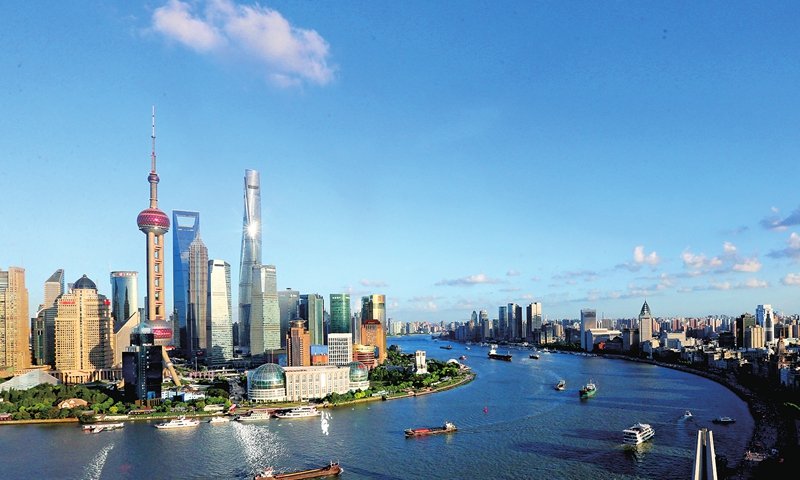Introduction
Shanghai, on Monday, initiated a crucial special campaign aimed at rectifying misconduct in pharmaceutical sales and healthcare services. This move is a part of China’s growing focus on anti-corruption measures within the medical industry, reflecting a broader concern for fairness, transparency, and accountability. In this comprehensive article, we will delve into the various facets of these efforts and analyze their implications.
The Campaign and Its Components
The Shanghai Municipal Health Commission, in conjunction with thirteen other departments, has issued a notice demanding anti-corruption inspections within medical institutions. The inspections cover areas such as the use of high-value consumables and misconduct like bribes.
1. Self-Examination and Correction: The notice mandates all medical facilities to carry out rigorous self-assessment and rectification processes. These institutions are to submit their findings and action plans to the Shanghai Municipal Health Commission before October 31, underlining a sense of urgency and accountability.
2. Focus on High-Value Consumables: The campaign’s emphasis on high-value consumables raises awareness about the potential areas where corruption might occur. By targeting these aspects, the authorities are attempting to plug leaks that can contribute to healthcare inequality.
3. Collaboration with Various Departments: The collaborative effort of thirteen departments symbolizes the unified stance of different government arms in the fight against corruption. Such synergy ensures that the campaign is broad-based and leaves no room for escape.
National Efforts: China’s Crusade Against Corruption in Healthcare
China’s focus on anti-corruption isn’t limited to Shanghai. The nation has been on a path to enhance its measures against bribery and corruption, especially in the medical and healthcare fields.
1. Central Commission for Discipline Inspection (CCDI): This body issued a directive on Tuesday, highlighting its objectives to combat bribery and corruption in the healthcare sector. It demonstrates the central government’s determination to ensure integrity within the medical community.
2. A Year-Long Campaign by Various Agencies: In July, several government agencies, including the National Health Commission and the State Administration for Market Regulation, announced a year-long endeavor to tackle corruption within the pharmaceutical industry.
3. Systemic Governance: The authorities have stressed the importance of deep, systemic governance. This focus on key figures, manufacturing, supply, and sales ensures that corruption is attacked at its root, promoting a cleaner industry.
Preparations and Achievements
The preparations for this nationwide crusade were not taken lightly. A meeting was held in Beijing on July 28 to make arrangements for the campaign. Furthermore, there has been a noticeable increase in the number of hospital chiefs being investigated for alleged violations. This has doubled since 2022, showing the tangible impact of these efforts.
The Impact on Academic Conferences and Training
These actions have not been without ramifications on other aspects of the medical industry. Many medical academic conferences, industry forums, study classes, and training courses have been postponed in August, reflecting the seriousness with which the industry is approaching this issue.
Long-Term Benefits and Analysis
Analysts believe that China’s anti-corruption campaign targeting the pharmaceutical and healthcare sectors will significantly benefit the nation’s long-term development and the wellbeing of its people. Lu Buyun, a health business analyst, asserted that the government’s strong measures manifest a commitment to the industry’s healthy development and the protection of public interest.
Anti-corruption efforts are expected to positively impact the fair distribution of medical resources, ensuring efficiency and equity for public benefit. It reinforces the idea that public health is a right, not a privilege, and underscores the need for integrity within the system that serves the public.
Conclusion
Shanghai’s special campaign is a vital part of a broader Chinese commitment to eradicate corruption within the pharmaceutical and healthcare sectors. By targeting misconduct, enforcing self-examination and corrections, and launching nationwide efforts, the government has positioned itself as a protector of public health and welfare.
The ramifications are manifold, including a temporary pause in academic and training activities. However, the long-term benefits far outweigh these short-term disruptions. With the nation united in this cause, the future of China’s healthcare system appears more promising and aligned with the principles of justice, fairness, and integrity. This bold step might serve as a benchmark for other countries grappling with similar challenges.
Read More:
